2 August 2024
Romani Rose
Central Council of German Sinti and Roma
Commemoration speech on the occasion of 2 August 2024, Holocaust Memorial Day for Sinti and Roma
Ladies and gentlemen,
Today we remember the 4,300 Sinti and Roma who were murdered in Auschwitz on the night of 2 to 3 August, exactly 80 years ago to the day. At that time, they were the last members of our minority in this extermination camp who, despite their fierce resistance, were driven into the gas chambers by the SS.
In 2015, the European Parliament declared 2 August as European Holocaust Remembrance Day for Sinti and Roma.
Places such as Auschwitz, Majdanek, Treblinka, Jasenovac, Bergen-Belsen, Buchenwald and Dachau have become the largest cemeteries of our minority in Europe.
Auschwitz stands as a symbol of the Holocaust committed by the Nazis against 500,000 Sinti and Roma and 6 million Jews in NS-occupied Europe, ranging from infants to the elderly, merely based on their origins. Among us Sinti and Roma, there is virtually no family that does not associate the term “Auschwitz” with the murder of their relatives.
Remembering the Holocaust is not a transfer of guilt to today’s generations, but it does mean taking responsibility together for democracy and the rule of law.
Nearly 80 years ago, the criminal war of aggression waged by the Nazis reduced Europe to rubble and tore our entire continent into the abyss.
This year’s European Parliament election results once again clearly show us that Europe is in a worrying crisis. Nationalism offers people simple solutions to their insecurities and fears. We know from historical experience that minorities are always made scapegoats.
We were appalled by the secret conference of the extreme right in Germany last November, at which the deportation of more than a million people, including those with German passports, was discussed. These fantasies remind millions of people in Europe of the racial ideology of the Nazis, who made membership of their nation state dependent on blood and soil.
The idea of the renaissance of a völkisch state shows the ruthlessness of these nationalists, who continue to cling to their inhuman racism and thus oppose our peaceful coexistence in Germany and Europe.
Ladies and gentlemen, the millions of people murdered by the Nazis have left a legacy, namely that the international community must confront every criminal ideology at an early stage.
That is why I would like to conclude my speech here in this place by recalling the United Nations Universal Declaration of Human Rights of December 1948, which states, and I quote: “All human beings are born free and equal in dignity and rights.” The experience of Nazi rule obliges us to defend this dignity and these rights everywhere and for everyone.
We know that thousands of people drown in the Mediterranean every year and we know that thousands are abandoned in the deserts of Tunisia and Libya. We also know that no country can solve the problems of war, hunger and environmental disasters alone. We appeal to politicians to focus the power of their actions on the survival of humanity in peace.
Pope Francis visited the island of Lampedusa in July 2013 during the refugee crisis. He said there, and I quote: “The globalisation of indifference has taken away our ability to weep.” The legacy of the victims of Auschwitz forbids us to accept this indifference.
Statements 2024
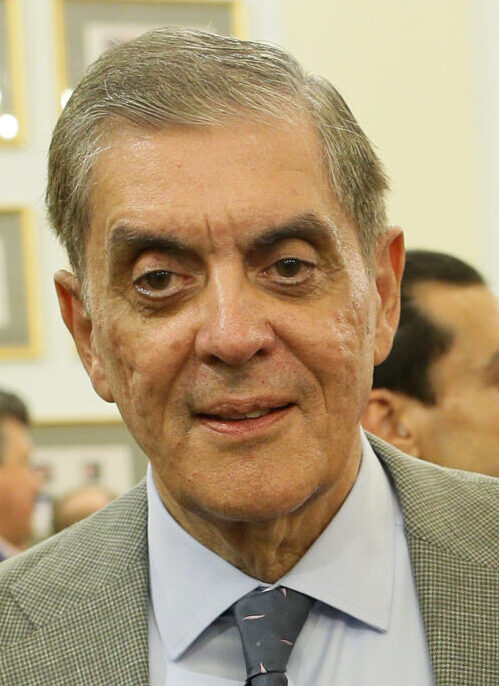
Romani Rose
Central Council of German Sinti and Roma
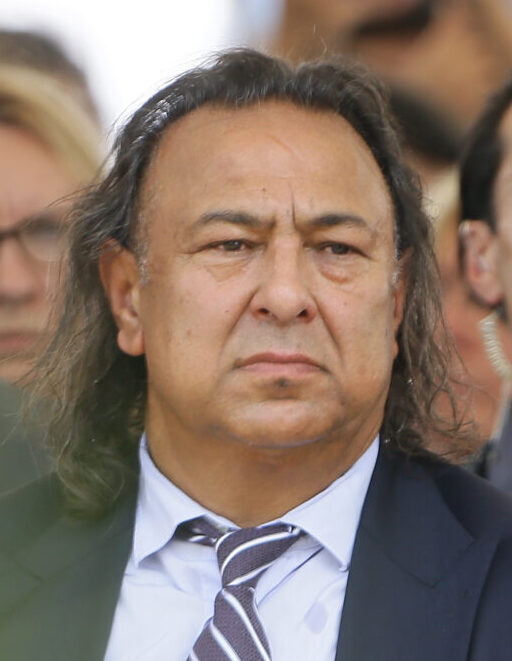
Roman Kwiatkowski
Association of Roma in Poland
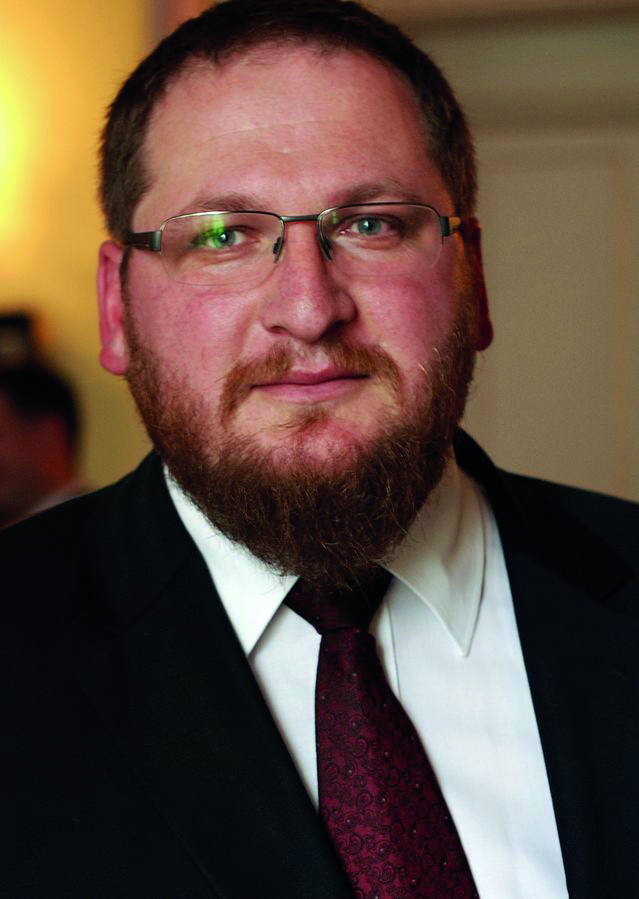
Piotr Cywinski
Director of the Memorial and Museum Auschwitz-Birkenau
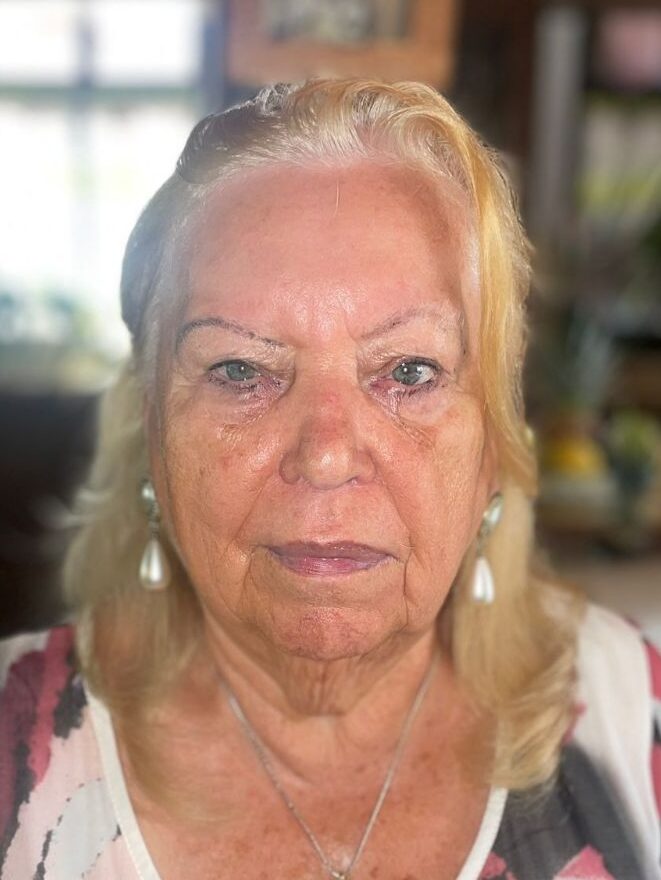
Alma Klasing
Holocaust survivor
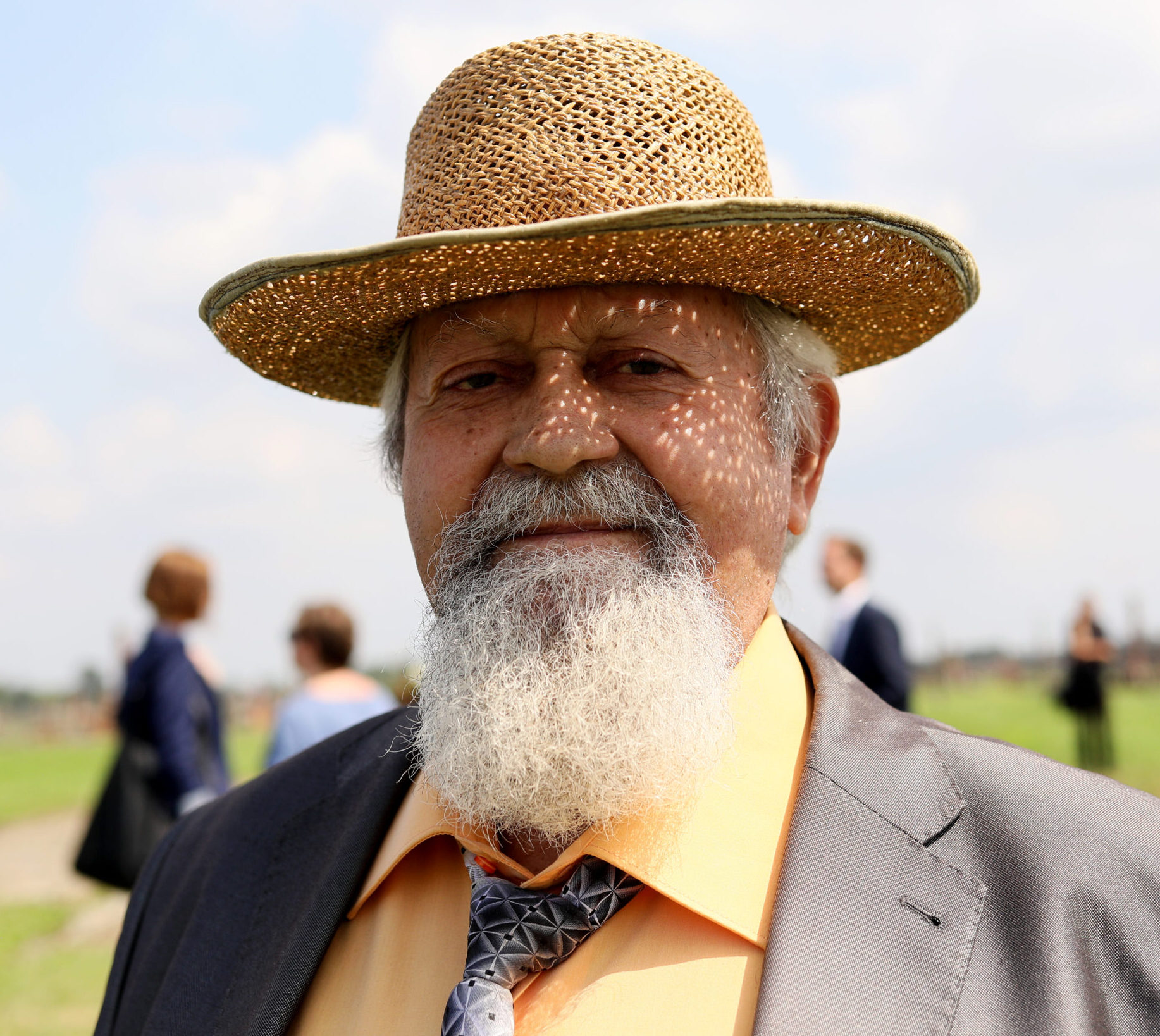
Bolesław Rumanowski
Holocaust survivor










